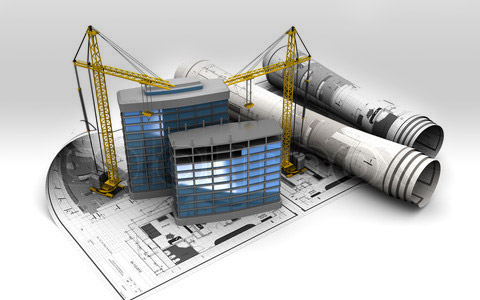Planning urban development projects requires careful consideration of various factors to ensure their viability and success. Conducting a thorough feasibility study is a crucial initial step in the planning process. By assessing the economic, social, environmental, and technical aspects of a project, urban planners and feasibility study consultants UAE can make informed decisions and mitigate risks.
Market analysis:
An inclusive market analysis evaluates the demand for the proposed development within the target area. This involves examining demographic trends, consumer behavior, and market saturation levels. Understanding the needs and preferences of the target population helps determine the project’s market growth and identify any niche opportunities or challenges.
Financial projections:
Financial projections assess the project’s economic viability by estimating revenue streams, costs, and returns on investment. This includes analyzing construction costs, operating expenses, revenue projections, and financing options. Conducting sensitivity analysis and risk assessment helps identify financial risks and uncertainties, enabling developers to make informed decisions and secure financing.
Site assessment:
A detailed site assessment evaluates the physical and environmental characteristics of the project site. This includes analyzing topography, soil conditions, environmental regulations, and infrastructure availability. Identifying any site constraints or environmental concerns early in the planning process allows developers to mitigate risks and design sustainable solutions that minimize environmental impact.
Technical feasibility:
Technical feasibility assesses the project’s engineering and construction requirements to ensure its practicality and achievability. This involves evaluating the project’s design, engineering specifications, and construction methods. Engaging with architects, engineers, and construction professionals helps identify technical challenges and opportunities for optimization, ensuring the project is feasible within the specified timeframe and budget.
Socioeconomic impact:
Assessing the socioeconomic impact of a development project is essential for understanding its broader implications on the community. This involves analyzing employment opportunities, income generation, housing affordability, and social inclusion. Engaging with stakeholders, including local residents, community organizations, and government agencies, helps identify social benefits and mitigate any adverse effects on vulnerable populations.
Conducting a feasibility study is a critical prerequisite for successful urban development projects. By systematically evaluating market dynamics, financial feasibility, site conditions, technical requirements, and socioeconomic impacts, developers can assess the viability of their projects and make informed decisions. Collaborative engagement with stakeholders and rigorous analysis of key factors contribute to the development of sustainable, resilient, and inclusive urban environments.



